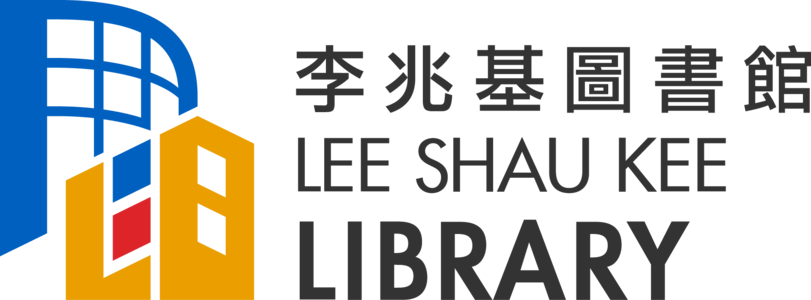GenAI & LLMs in Scholarly Publications: Unintended Consequences
Late last week, arXiv updated its policy on posting review articles and position papers in the Computer Science category. Previously, such papers were accepted at the discretion of moderators.


